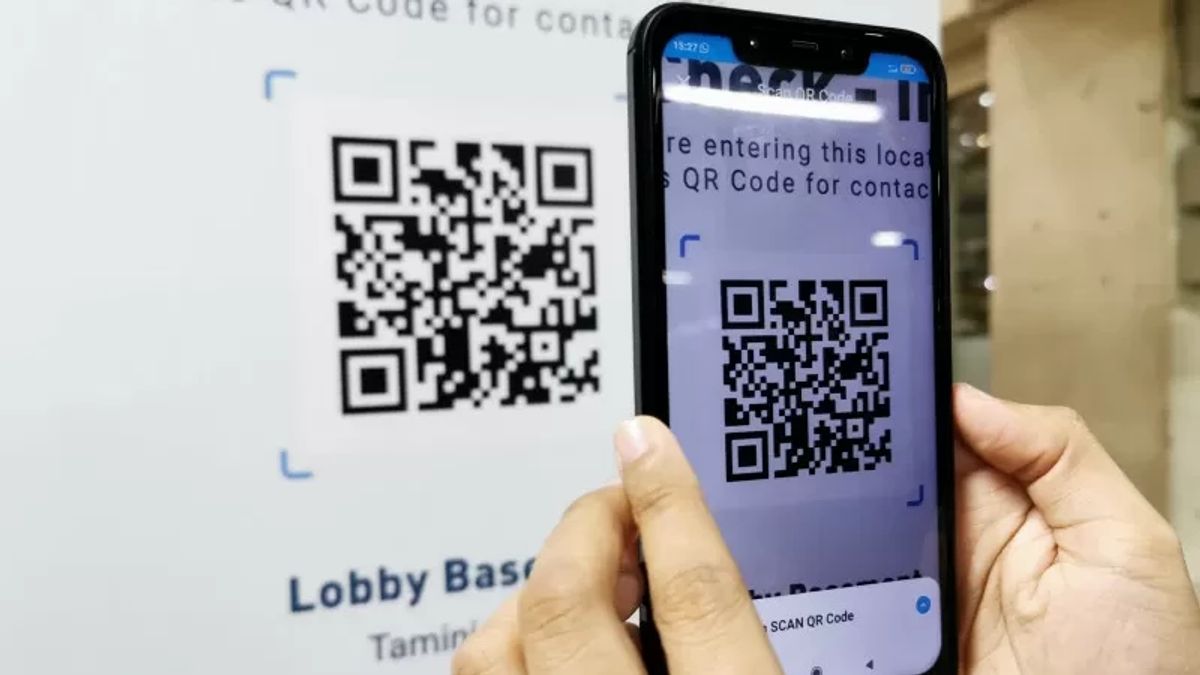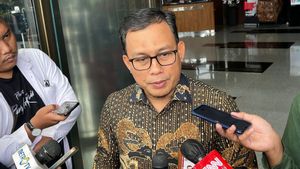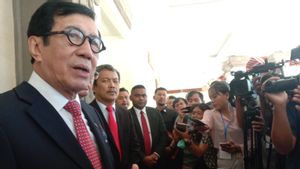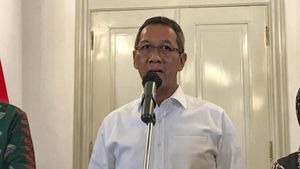JAKARTA - The Ministry of Health (Kemenkes) revealed the importance of the health information system being regulated in the Draft Health Law (RUU) for cost efficiency to user safety.
"An important health information system is regulated in the Health Bill. In the previous law, it has been regulated, but it has not been specifically related to integration, standardization, including personal data protection," said Expert Staff for Health Technology at the Ministry of Health Setiaji in the agenda of 'Socialization of the Health Bill' in Jakarta, Friday, March 31, which was confiscated by Antara.
He said the number of patient visits to all health facilities during 2014-2021 increased by around 152 percent or the equivalent of 233.1 million people. This condition requires digital data governance for the efficiency of health services.
In addition, manual medical records of patients require a cost of up to IDR 2 billion per year for the procurement of paper issued by type C hospitals.
"These fees do not include the inefficient burden on health workers," he said.
According to Setiaji, puskesmas officers or hospitals need to enter health information into 60 to 70 information systems per day.
"The management of health services at health facilities is currently not efficient. Personal health data that is not integrated, is inaccurate and has low interoperability due to inefficient health administration," he said.
Another challenge, said Setiaji, is that the public cannot monitor personal medical history because medical records are scattered in various health services that have been accessed.
According to him, the substance of the transformation of the health system in the Health Bill is to encourage the use of technology and health information systems to realize the efficiency of health services.
"The government's target and position is to integrate the health information system to make it easier for the public to access its personal health services and data," said Setiaji.
VOIR éGALEMENT:
The government also wants simplification, integration, and standardization of information systems, so that health workers can focus on services.
"We are building cooperation between researchers and industry to create health innovations, utilize biotechnology, and regulate health technology innovations," he said.
Setiaji said the Health Bill regulates the source of information on the health system from health facilities, government, BPJS, health agencies, community activities, to independent reporting.
According to him, the organizers of the health information system are the central government, local governments, health facilities, and the community.
Regarding the protection of user data, he said, the Ministry of Health has collected public input through a series of public hearing agendas.
"How do we guarantee the rights of personal data subjects, when the time is saved, whether it can be deleted, how the data condition can be deleted, and how the data is available at any time, and security is guaranteed," he said.
The English, Chinese, Japanese, Arabic, and French versions are automatically generated by the AI. So there may still be inaccuracies in translating, please always see Indonesian as our main language. (system supported by DigitalSiber.id)














